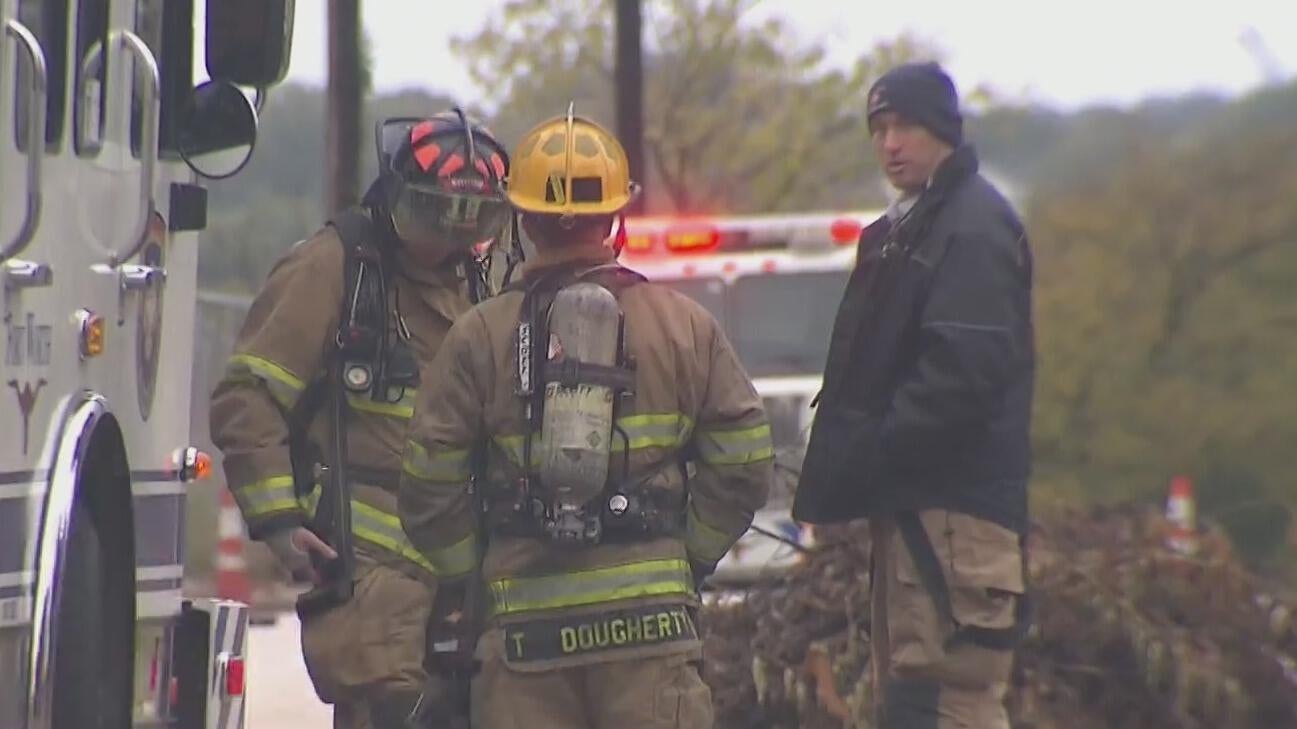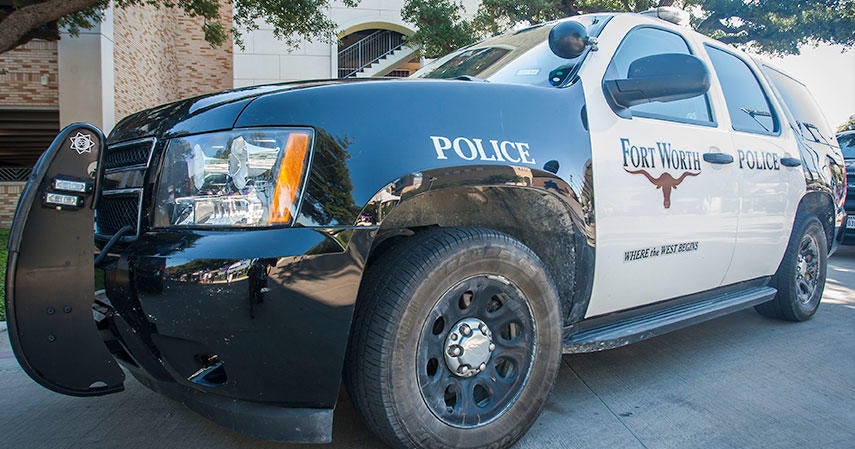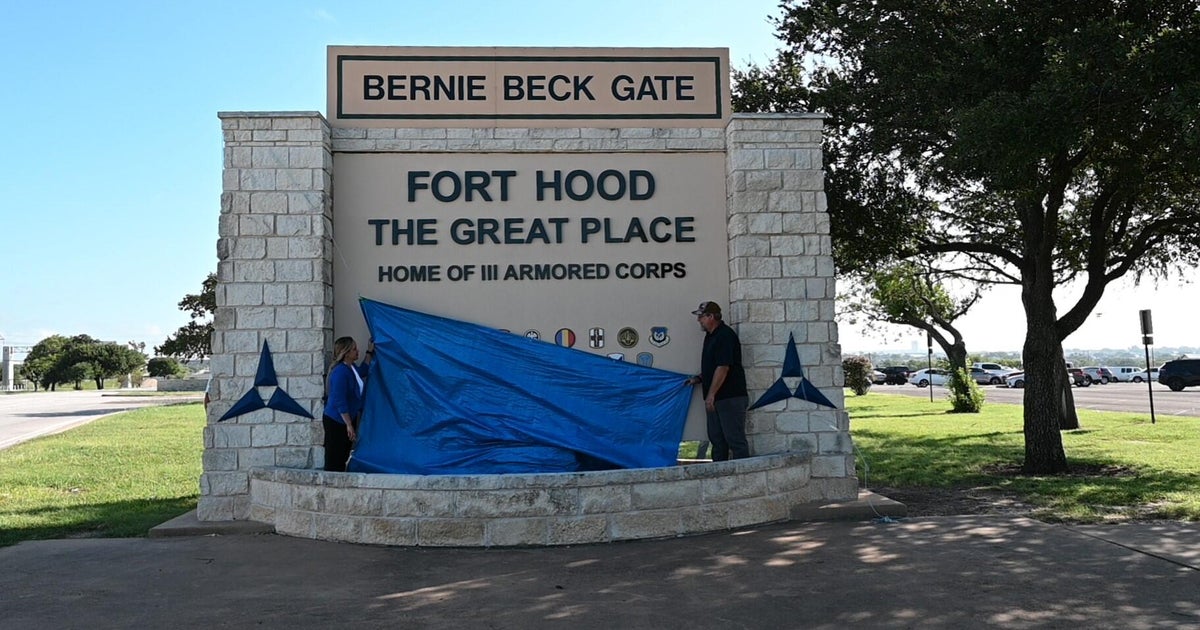How a new program is helping Fort Worth first responders heal their invisible wounds
They're always the first on scene – trained to run toward danger, remain calm in chaos and help others through the worst moments of their lives. But what happens when those moments leave a lasting mark on them?
A first-of-its-kind program based in Fort Worth is helping first responders do something they rarely get to do – slow down, step away and begin to heal.
The program is called , and it's quietly transforming the way departments support the mental, emotional and spiritual well-being of their first responders.
Established by the American Warrior Association, R3 offers a powerful new approach to a growing problem: the emotional and moral toll that often comes with a career in emergency response.
"We see everybody's worst day," said Fort Worth Fire Department Chaplain Cliff Weaver. "We don't get called when something good is happening; it's always the worst-case scenario."
Rather than waiting until a responder reaches a breaking point, R3 takes a proactive approach, offering participants paid time away from the job to decompress. Not at a clinic or office, but on a mountaintop retreat.
No radios. No uniforms. No rank.
"The true gift of getting away is just getting to take a breath," Weaver said. "You have to lay everything down for five days straight."
What sets R3 apart is its focus on moral injury. This term is getting more attention, especially in high-stress jobs like law enforcement and firefighting. Moral injury happens when someone experiences deep psychological distress after seeing or doing something that goes against their core beliefs or values.
"Moral injury is either witnessing, perpetuating, or failing to stop something that goes against your internal moral compass," said former Fort Worth Police Chief Neil Noakes, who now helps lead R3. "It's like an injury to the soul."
Noakes said he's already seen the ripple effect of the program throughout the departments.
"I found out about a lot of officers going because they came to me and told me," he said. "They were proud. They told their coworkers how life-changing it was. That told me we were doing something right."
R3 started in Fort Worth and has since been adopted by the Dallas police and fire departments, as well as first responders at Dallas-Fort Worth International Airport. The Texas Tactical Police Officers Association also became an R3 partner earlier this year.
As momentum grows, Fort Worth fire officials said they're hoping to secure city funding to send more participants through the program in the months ahead.
For first responders, who are trained to stay composed and push through, admitting they need help can feel impossible. R3 is changing that by creating a space where vulnerability is met with support, and healing is part of the job.
"Nobody is exempt from the things life throws at you," said Weaver. "Even the healthiest people in our department had something to work through."
Because even heroes need a place to heal.




